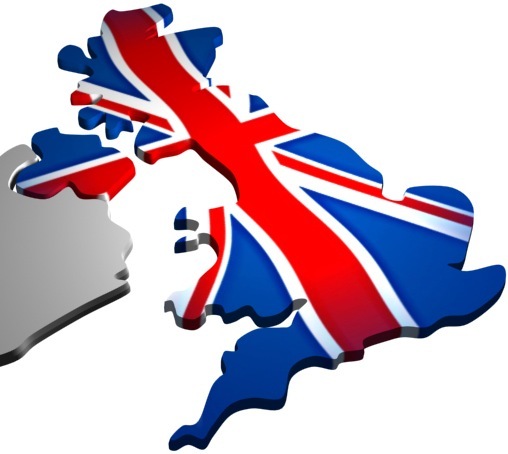Charlie Mullins, founder of Pimlico Plumbers
I’m not confident about next year at all. We’re busy and slightly up on the first quarter, but I feel that the economy is not going to change for the better, and worse is to come. The recession has caused so much damage and people remain unsure about reinvesting.
At Pimlico, I think we’ve weathered the storm very well, but I can see us making more changes to ensure we make profits. If you don’t come up with new ideas, then you’ll be left behind by the competition. I’ve spoken to companies that haven’t made changes and they are really struggling. I genuinely believe that many more companies are going to go bust next year, and I can’t help but think that 2010 is going to be a long haul.
I don’t agree with what’s in the press at the moment about recovery – it’s window dressing. The damage hasn’t fully hit home. Yes, we will get through this. Yes, we need to be confident. But we also have to be true to ourselves and stop pretending we’re not in the depths of a recession.
See also: Charlie Mullins Podcast Interview with SmallBusiness.co.uk
Gareth Weir, managing director of social networking site Urban Mole
We started the business in January. At that point, the UK’s business community was at something of a standstill. Nevertheless, myself and the other co-founder felt it was right to put our own money into starting the business.
We had done our research and identified a gap in the market and thought we should just go for it. The online community is growing, in terms of users as a whole and advertising. Of course, on average things will probably get worse for a lot of businesses next year, but growth is sure to happen in some sectors.
In some ways, the downturn has been good for us. For instance, people are looking for free services on social networking sites, such as using ‘tried and trusted’ trades people or renting out rooms.
The situation is clearly difficult, but of you’re a true entrepreneur, then you’ll find plenty of opportunities out there.
Adam Bobroff, director of dealing at Foremost Currency Group
The worst seems to have passed and we’re not going to have a W-shaped recession. For me, the recession bottomed out at the tail end of the second quarter of this year and now we’re in for a slow and steady recovery.
In the UK, the problem we have is that the Bank of England appears to be trying to manage our exchange rate down to try and prop up the City because exporting financial products is about all we export these days. By keeping those exchange rates low, it keeps financial products attractive to foreign investors. To be honest, that’s a short-term move.
If you are a country that’s 70 per cent import driven, why would you try and prop up the remaining 30 per cent? If the Bank of England keeps the pound low for too long, then basic costs of food and provisions will become more expensive and then you have inflation. Unless the currency is allowed to run free over the coming months, that is the danger we face.
Steve Hughes, economic policy adviser for the British Chambers of Commerce
Difficulties for the economy include high levels of consumer debt, a fiscal stimulus that will have to be withdrawn, weakness in the economies of our main trading partners, and rising unemployment. All of this points to weak growth in 2010/2011 and a long and protracted period of recovery.
The timing of the withdrawal of the stimulus is important, but it can’t continue like it has given the state of the public finances. If you cut public spending to reduce the deficit, that has implications for economic growth as well. Around a fifth of the economic workforce is in the public sector, so the public sector recession will really hit certain regions with high levels of public sector employment, so places like Newcastle, the West Midlands and Northern Ireland.
In terms of stimulus, a public sector pay freeze will have implications on demand. Despite the economy contracting, there are still areas of growth. Each businesses has to assess its own circumstances and conditions. But if a business knows its own markets and has stress tested what it can and can’t do, then it should be on an even keel. You have to understand your market.
Given there is so much spare capacity in the economy, inflation will probably not be a danger next year. Things like the VAT increase will have an affect on inflation figures,
In our forecasts, we’re factoring in interest remaining at 0.5 per cent so it’s certainly not a threat in the short term.





